The question of conscripting Ultra-Orthodox Jews, commonly known as Haredim, into the Israeli military has once again taken centre stage. This resurgence in debate follows calls by secularists, supported by several war cabinet members, including Defence Minister Yoav Gallant. During a press conference on Feb. 28, they advocated for amending conscription laws to include the Haredim.
The urgency behind these calls is fuelled by various challenges Israel currently faces. These include a labour shortage exacerbated by the ongoing Israel-Hamas War and tensions along the northern border with Hezbollah. The potential inclusion of Haredim in military service has sparked significant controversy within the Haredi community. Chief Sephardi Rabbi Yitzhak Yosef even issued a warning of a mass exodus of Haredi Jews from Israel if conscription becomes mandatory.
This latest call reignites an enduring conflict within Israeli society, rooted in the exemption privileges historically granted to Haredim. The issue remains unresolved due to the influence of religious parties, the political considerations of prime ministers, and the social dynamics within Israeli society. The exemption policies have long been a contention, particularly among secular citizens. Tensions escalated during the costly mobilisation efforts for the Israel-Hamas War, with over 66,000 Ultra-Orthodox youths exempted from military service in 2023 alone. This disparity has led to increased demands for the inclusion of Haredim in the military service, especially given the multiple security threats faced by Israel since Oct. 7.
Prime Minister Benjamin Netanyahu's return to power in late 2022 alongside the right-wing bloc underscored their determination to challenge conscription policies. Netanyahu's efforts to amend the Judicial Authority Law, dubbed "judicial reform", were met with widespread opposition from the secular community, leading to massive demonstrations.
These amendments aimed to circumvent a 2017 Supreme Court ruling that invalidated legislation preventing Haredim's conscription. Despite government concessions, including multiple deferments of recruitment deadlines, the issue remains unresolved. As the latest extension is set to expire on Mar. 31, a looming question remains: Will Netanyahu conscript the Haredim?
The Haredim and the State
The Haredim, an Orthodox faction within Judaism, are renowned for their stringent adherence to Jewish law, which encompasses religious rituals and Torah precepts and governs their daily lives. This commitment sets them apart from the predominantly secular Israeli populace and constitutes a distinct segment of Jewish society.
With a population exceeding 1.3 million individuals, the Haredim represent one of the fastest-growing demographic groups in Israeli society, boasting a growth rate of 4%, compared to the national average of 2.3%. Consequently, Haredi recruitment is a perennially contentious topic in Israeli politics, with far-reaching implications for the Israeli army, the judiciary, and the broader relationship between religious factions and the state.
Haredi men benefit from a de facto exemption from compulsory military service, a privilege dating back to Israel’s establishment in 1948. Former Prime Minister David Ben-Gurion brokered an agreement with Haredi leaders, granting exemption to those engaged in full-time Torah study, under the designation Torato Umanuto, meaning Torah study is his job. Initially enacted through Ministry of Defence regulations, this arrangement permits Haredi men to postpone their military service while pursuing religious education from 18 until reaching a specified age, exempting them from conscription.
During Former Prime Minister Menachem Begin’s tenure in 1977, the Knesset eliminated the cap on exemptions under Torato Umanuto. This status quo — wherein Haredim largely refrained from military service while receiving substantial government support — has fuelled discontent among non-Haredi Jewish communities. Consequently, this disparity has exacerbated socio-economic marginalisation within the Haredi community, contributing to elevated unemployment rates and societal tensions.
Navigating the Legalisation of Haredi Conscription
Former Prime Minister Ehud Barak established a committee chaired by Supreme Court Justice Tsevi Tal to address the complex issue of Haredi recruitment. This culminated in the passage of the Tal Law by the Knesset in July 2002 as a temporary measure. The law permitted full-time yeshiva students to delay military service until the age of 23, after which they could opt for either a 16-month stint in the army, a year of national civilian service, or continued yeshiva study.
Despite its intentions to integrate Haredi men into the workforce and encourage military service, the Tal Law fell short. The Haredi community maintained its dedication to religious education and opposition to military conscription, while the incentives provided for service were deemed inadequate. Ultimately, the Supreme Court considered the Tal Law unconstitutional in February 2012, leading to its abolishment in August of the same year.
In March 2014, the ruling coalition passed legislation mandating the gradual recruitment of Haredi men by the Israeli army, with quotas increasing annually. Failure to meet the 60% quota by 2017 would result in compulsory military service for all eligible Haredi men, with criminal penalties for non-compliance.
Following the formation of the Netanyahu government in May 2015, the Ultra-Orthodox parties regained power and amended the 2014 law. This amendment eliminated criminal penalties and slowed the implementation of quotas until 2020.
In September 2017, the Supreme Court overturned a 2014 law that perpetuated inequality between Haredi and non-Haredi Jews. The court mandated the government to draft a new law addressing Haredi conscription within a year, while the Minister of Defence continued issuing deferrals to Haredi men. Political instability within the Netanyahu government delayed progress, leading to extensions preventing automatic Haredi recruitment.
The Reasons for Haredi Resistance to Conscription
Haredi Jews have long opposed military service, opting to protest or outright reject conscription orders while advocating for the institutionalisation of their exemption from the law. Within the Haredi community, the sentiment is that military service and integration into secular society pose existential threats to their religious identity and the preservation of their insular traditions. Compounding this resistance is the financial support provided by the state to Haredi religious school students, who benefit from annual deferrals for military service until reaching the age of exemption.
Central to the Haredi ethos is a dedication to religious scholarship and spiritual devotion, which often clash with military life’s regimented structure. Ultra-Orthodox Jews prioritise theological studies over military service, arguing that their religious lifestyle is incompatible with the armed forces’ customs and traditions. Additionally, the Haredi community maintains distinct cultural and lifestyle practices, including distinctive attire, dietary requirements, and the imperative to uphold religious education and obligations during military service.
The recruitment of many Haredi individuals necessitates allocating additional resources for their training, management, and financial support. Moreover, parties advocating for Haredi’s exemption from conscription shape the political landscape, complicating efforts to implement mandatory enlistment. The preservation of political alliances reliant on maintaining the exemption further complicates the prospect of conscripting Haredim, adding complexity to the issue.
Navigating the Future
For years, the Haredi community enjoyed de facto exemption from military conscription, a stark contrast to the mandatory service imposed on the broader Israeli Jewish populace. This discriminatory practice has sowed deep political divisions within Israel. Recent judicial reforms initiated by the far-right Israeli government, which further entrenched Haredi exemption from military service, have heightened concerns among the non-Haredi public. These reforms exacerbate societal rifts, fuelling discontent and anxiety among non-Haredi Israelis, thereby jeopardising the nation’s future.
Many religious factions advocate resolving the Haredi conscription issue that circumvents judicial oversight. Such a settlement would reduce the Haredi parties’ reliance on judicial reform. Yet, the prospect of achieving consensus on this contentious issue remains uncertain, raising doubts about the ability of Israeli politicians to bridge deep societal divisions. This ongoing controversy surrounding Haredi recruitment remains a focal point in Israeli politics, commanding attention from both the domestic and international spheres.
In conclusion, resolving the issue of Haredi recruitment and integration into the military necessitates a decision mandating their military service while balancing their spiritual aspirations and ensuring their contribution to national security. Such a decision demands a robust government with broad social and political support, insulated from the influence of Haredi interests and indifferent to internal ramifications.
Amidst an unparalleled crisis that has gripped Israel since Oct. 7, thrusting it into its lengthiest crisis to date, Netanyahu remains steadfast in his allegiance to the religious parties despite the formidable challenges posed by the ongoing war. This allegiance hinders him from deciding to exempt individuals from military service. The extremist and far-right parties, crucial to Netanyahu’s coalition, have conditioned their support on Haredi exemption from conscription. Hence, Netanyahu’s imperative to secure a majority for his existing coalition and depend on religious factions constrains him, particularly amidst a shift in priorities. These now encompass evading judicial scrutiny and safeguarding his reputation.
References
جيريمي شارون، إيمانويل فابيان. (2024). “غالانت يقول إنه لن يقدم مشروع قانون يعالج قضية تجنيد الحريديم دون دعم الوسط، مما يهدد بأزمة ائتلافية.” تايمز أوف إسرائيل.29 فبراير 2024 .
سعيد عموري. (2024). “حاخام إسرائيل: إذا أجبرنا على التجنيد العسكري سنسافر للخارج.”. وكالة الأناضول،10 مارس 2024
سكاي نيوز عربية (2024). “إسرائيل.. قانون التجنيد يغضب ‘الحريديم’ ويهدد نتنياهو”. سكاي نيوز عربية، 29 فبراير 2024.
الشرق الأوسط (2024). “غانتس وآيزنكوت يضعان خطة لتوسيع التجنيد بما يشمل «الحريديم» والعرب.” الشرق الأوسط، 28 فبراير 2024.
الشرق (2023). “إسرائيل.. قانون الخدمة العسكرية يجدد الجدل بين اليهود الحريديم”، 4 يونيو 2023
Forum, Israel Policy. 2023. “The Haredi Exemption – Israel Policy Forum.” Israel Policy Forum. July 11, 2023. https://israelpolicyforum.org/2023/07/11/the-haredi-exemption
ميراف أرلوزوروف (2018). “عدم تجنيد الحريديم في الجيش بالمستوى المطلوب سيقود إسرائيل إلى إفلاس، 21 نوفمبر 2018.
مصطفي، مهند (2023). “سِجال الدين والسياسة في إسرائيل: قانون تجنيد المتدينين الحريديم في الجيش وتداعياته الداخلية”. مركزالامارات للسياسات، 31 أغسطس 2023.
سكاي نيوز عربية (2024). “نتنياهو يتحدث عن تجنيد ‘الحريديم’.. ويعد بحل الأزمة.”، 1 مارس 2024.
Byman, Daniel. 2024. “6 Lessons Israel Should Not Learn from the Oct. 7 Hamas Attack.” Foreign Policy, January 4, 2024. https://foreignpolicy.com/2024/01/04/6-lessons-israel-hamas-gaza-netanyahu-palestine

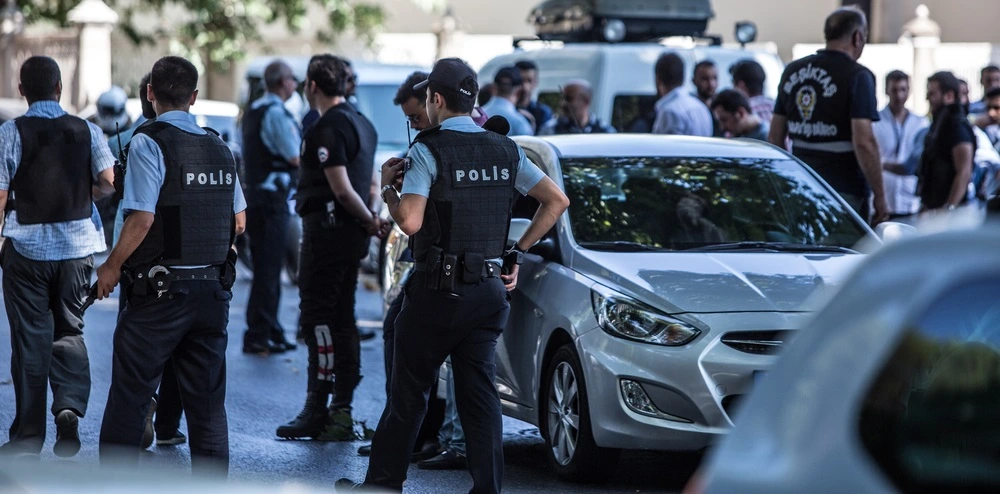
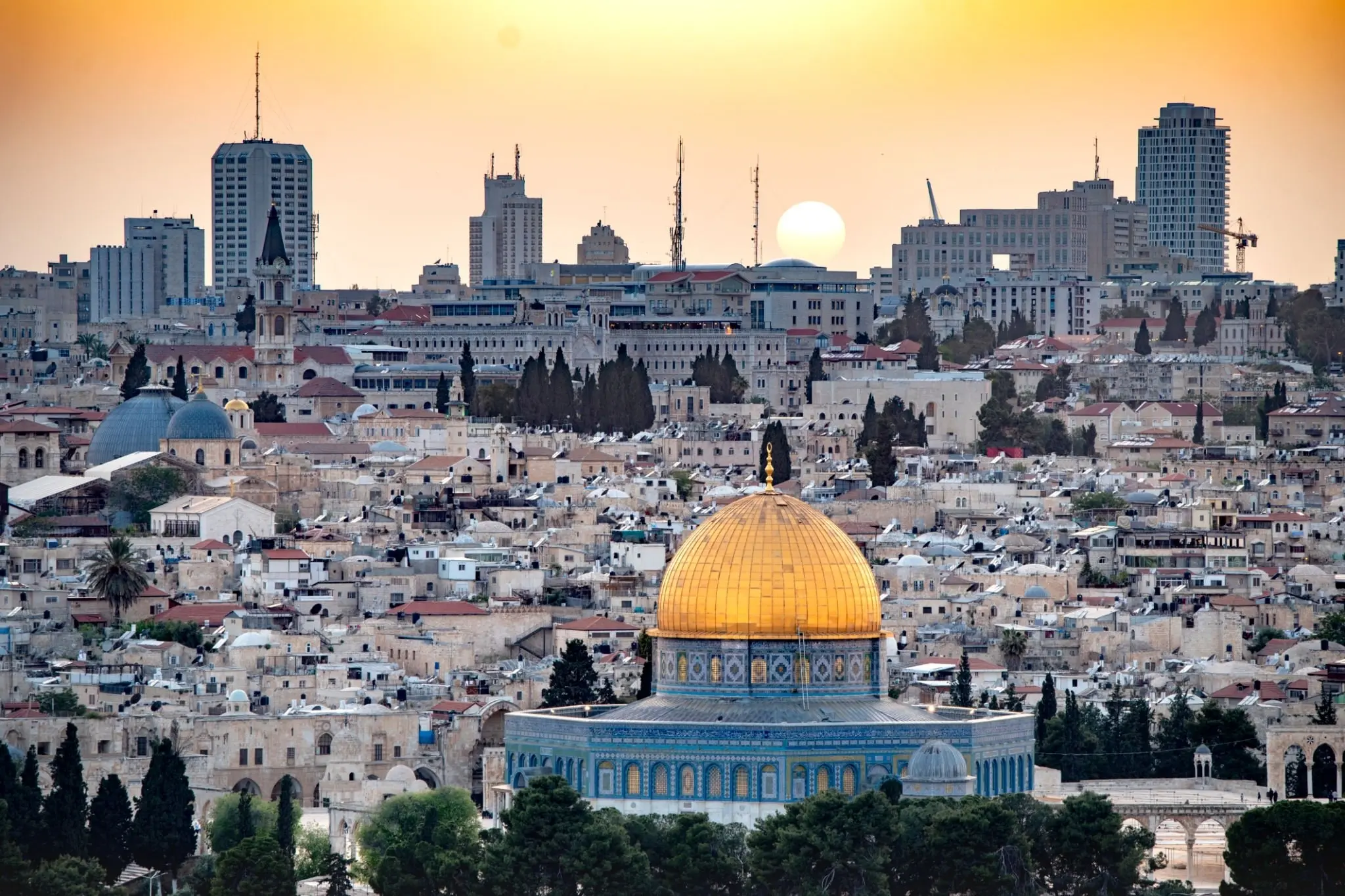


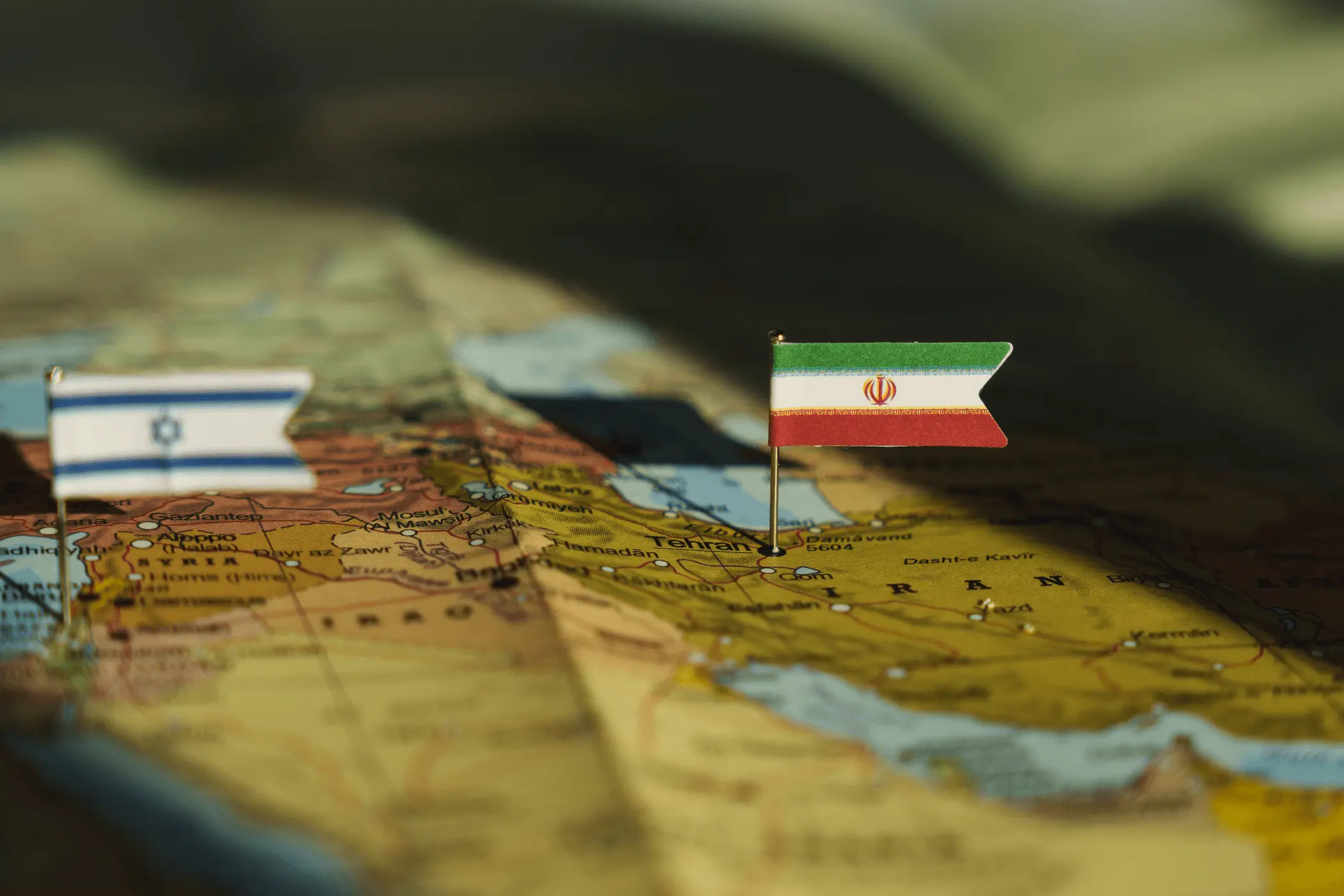
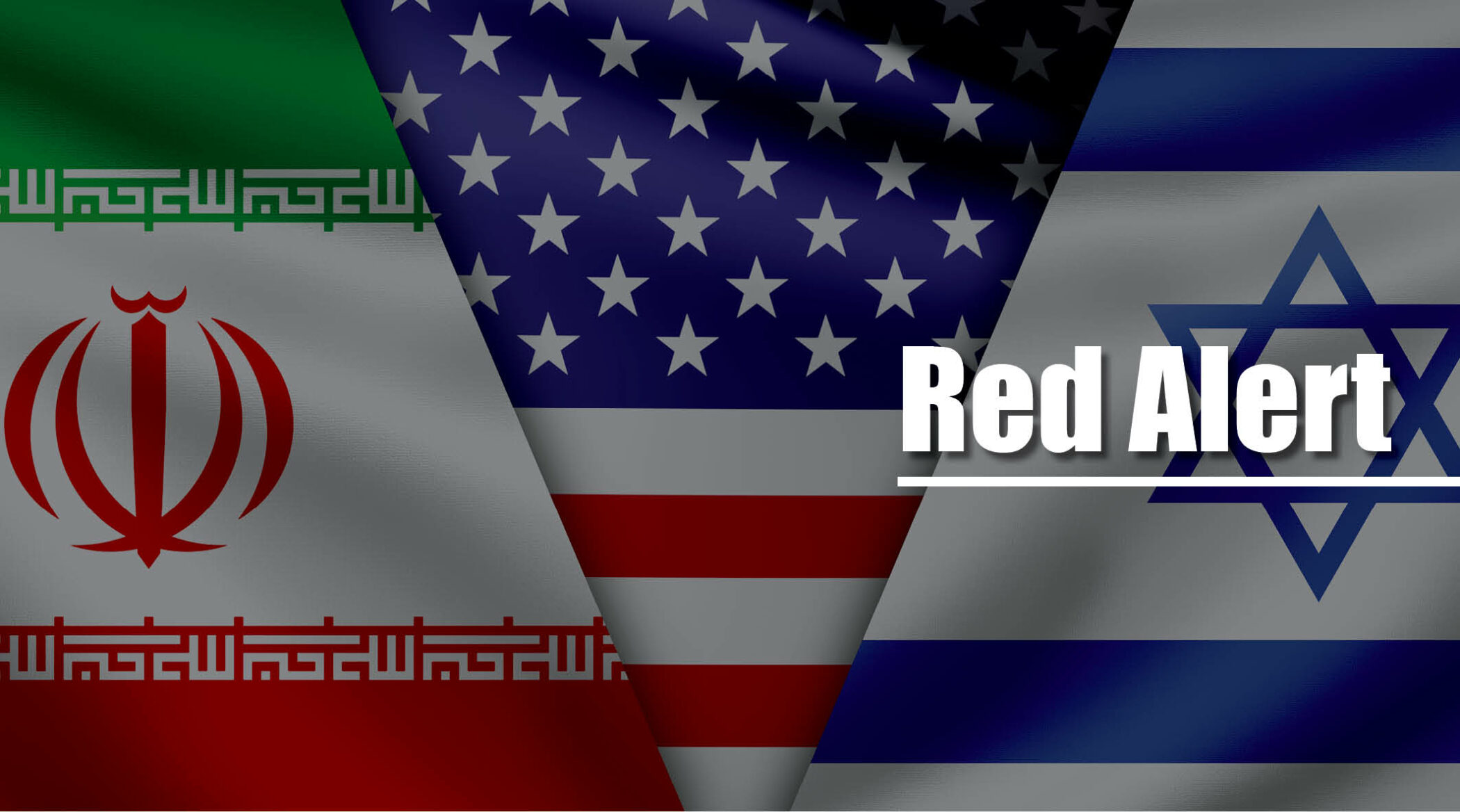
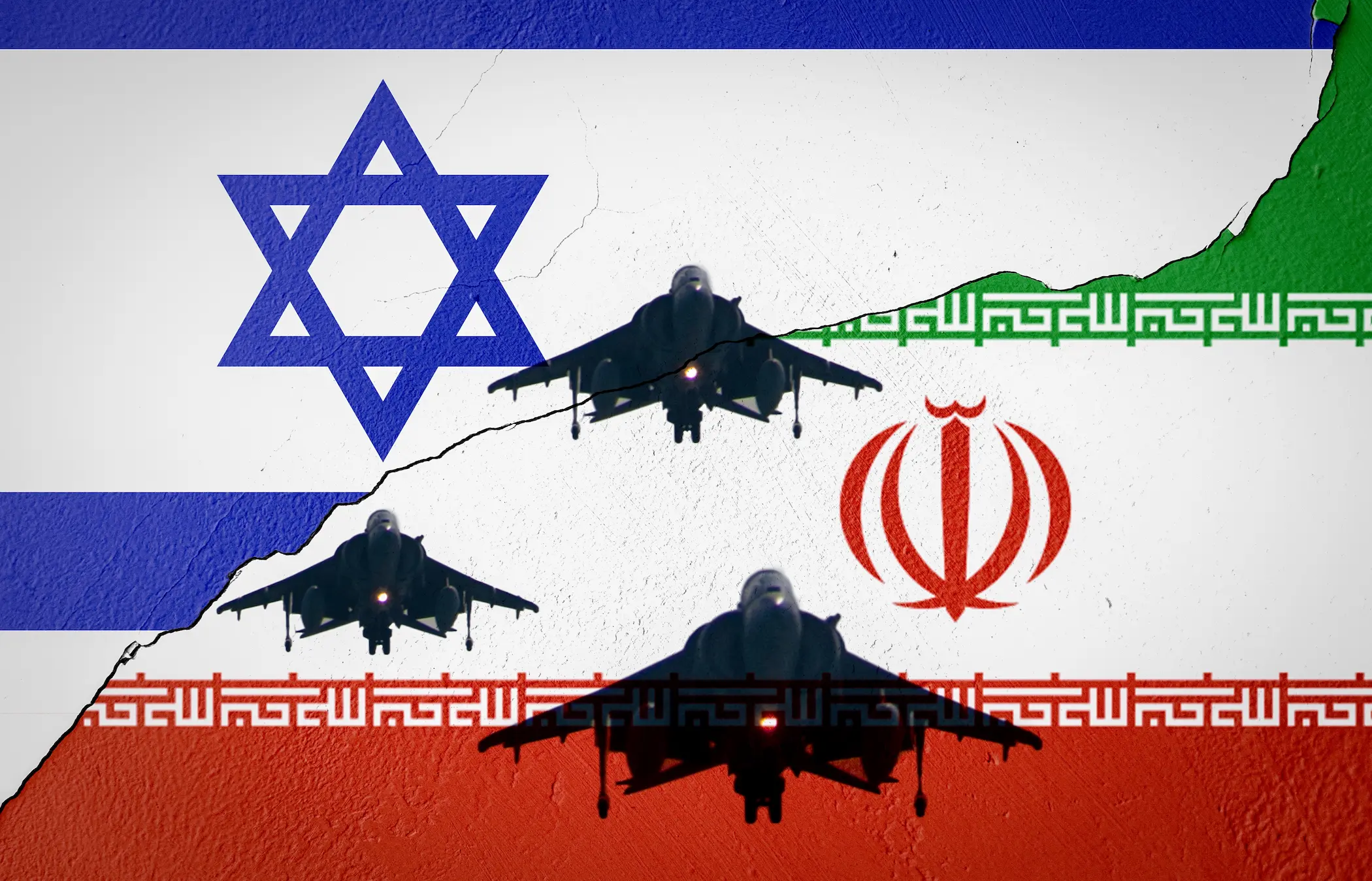



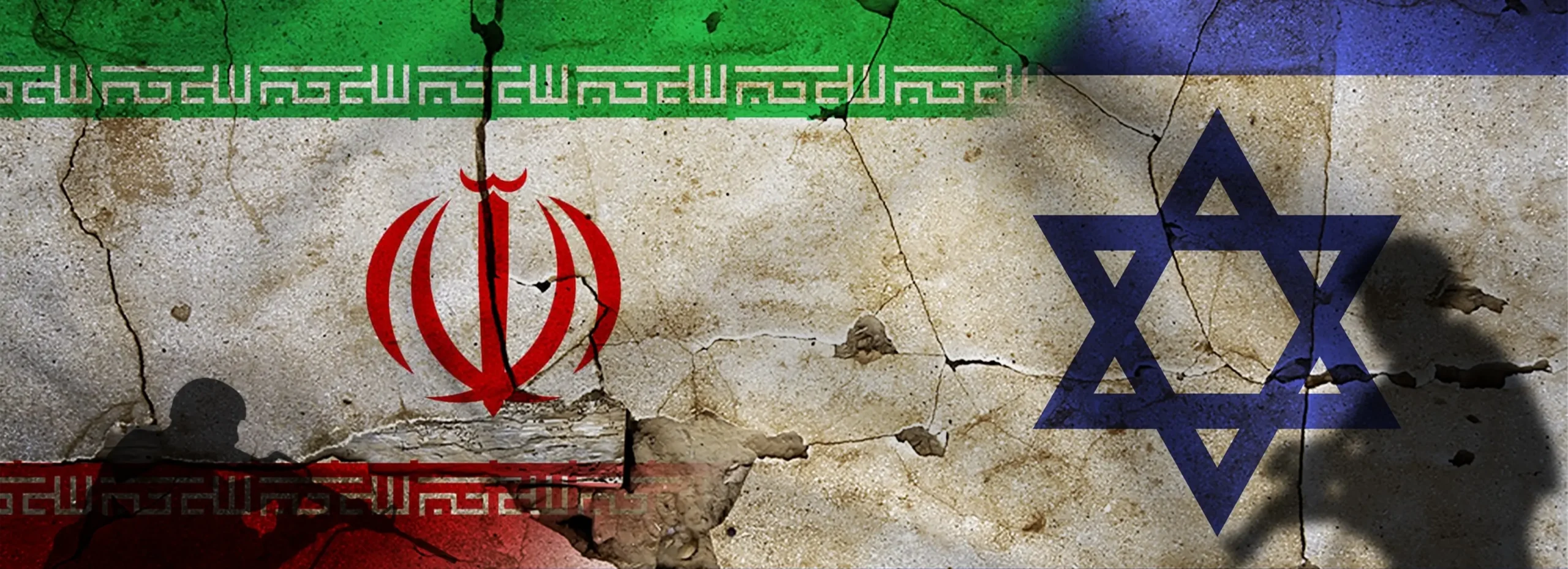
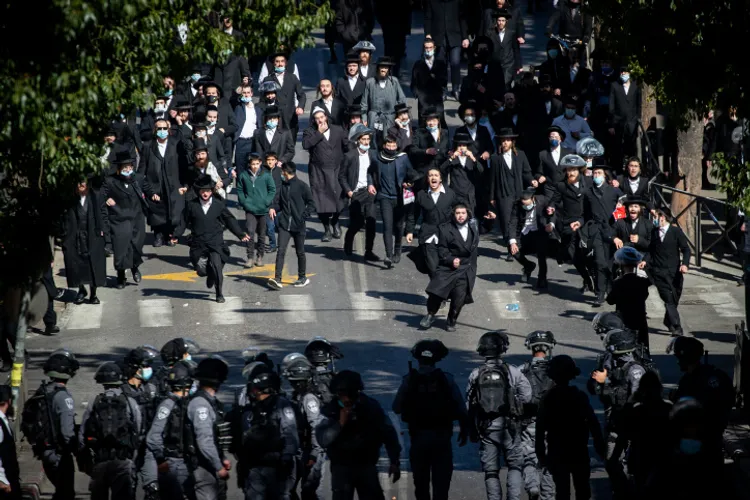

Comments